Recent news about neuroscience and the brain from across Columbia.
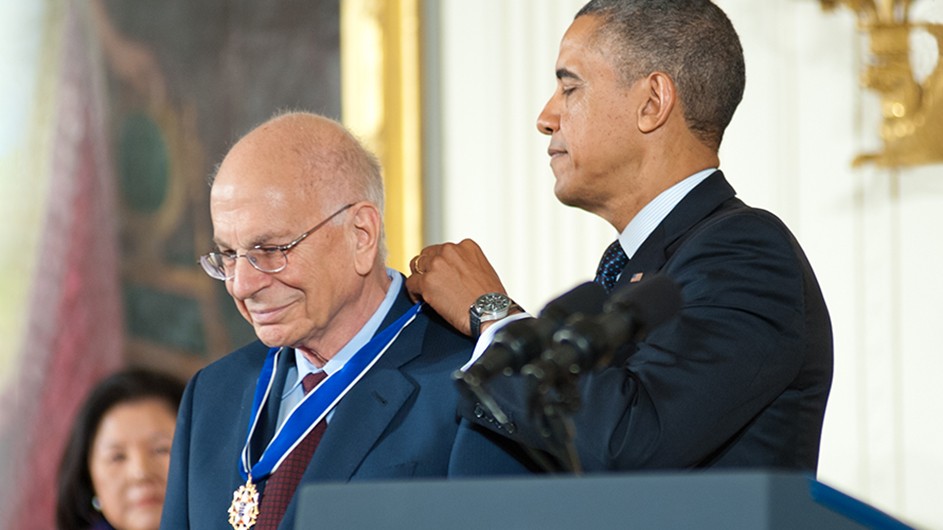
Columbia University faculty members pay tribute to the late Nobel Laureate and Princeton professor emeritus.
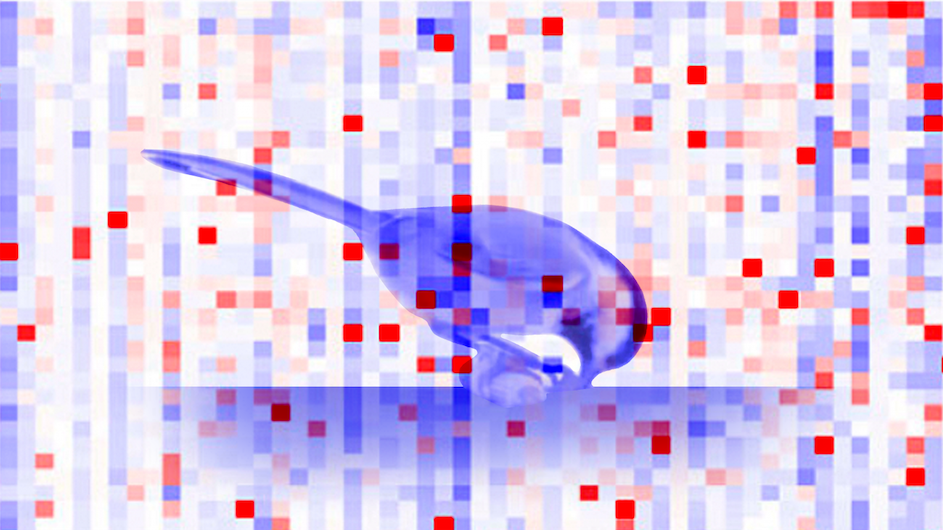
New research shows that the birds memorize the location of food using brain cell activity akin to a barcode.

Columbia Zuckerman Institute researchers found that elephantnose fish may tap into sensory information gathered by nearby fish.
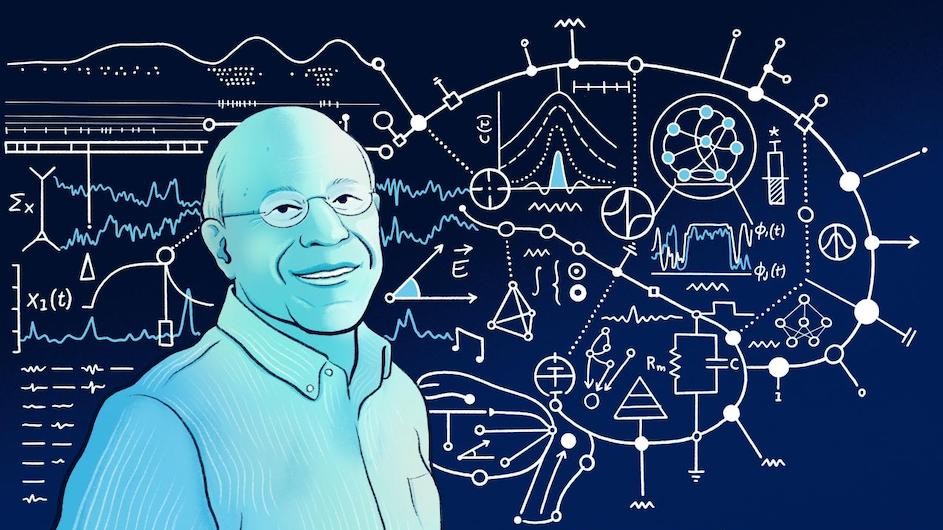
Abbott, a Principal Investigator at Columbia's Zuckerman Institute, was recognized for his work in theoretical neuroscience.
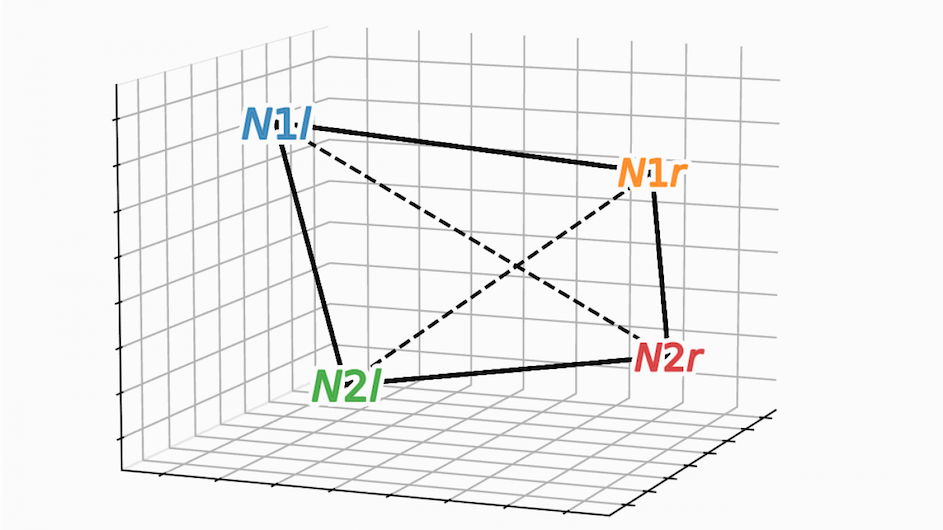
A study is shedding new light on how the brain identifies familiar individuals and recalls past experiences with them.
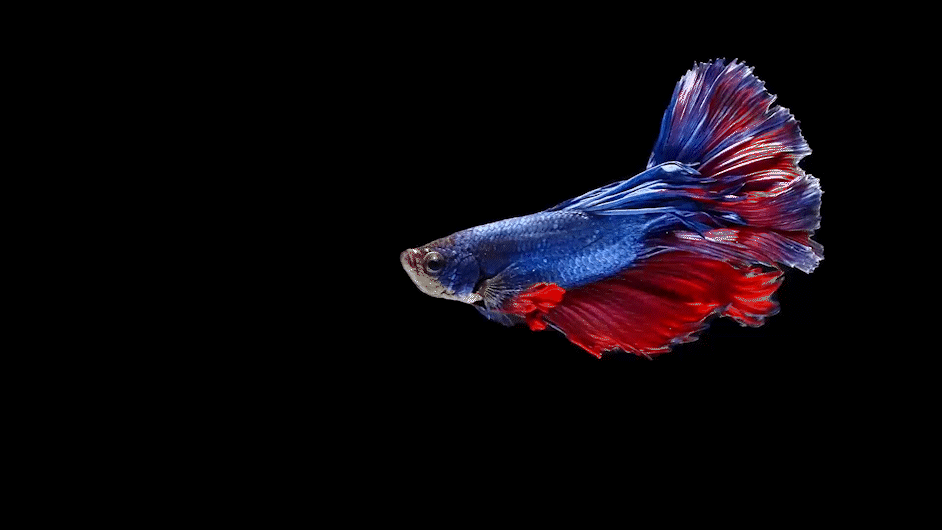
A Columbia neurobiologist fishes for an aggression gene.
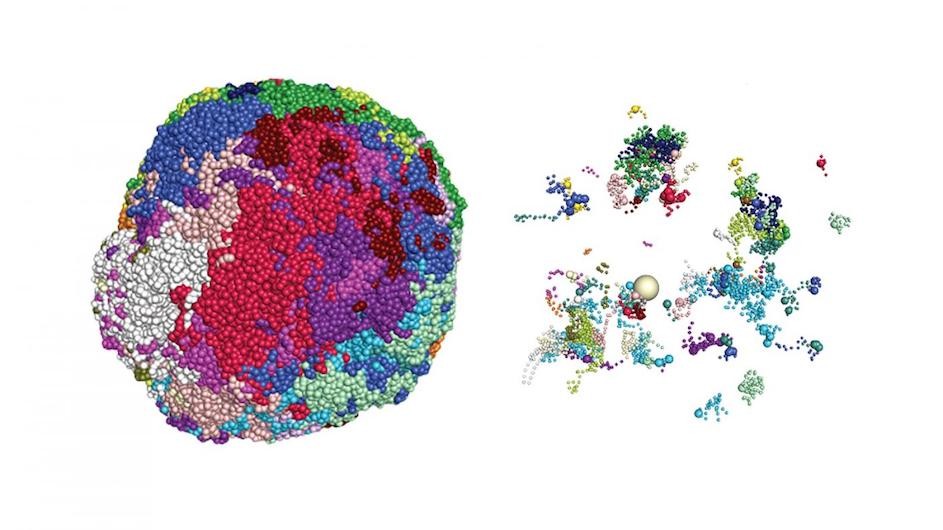
Researchers found a mechanism that could explain how neurons in mammal noses become tailored to detect a specific odor chemical.
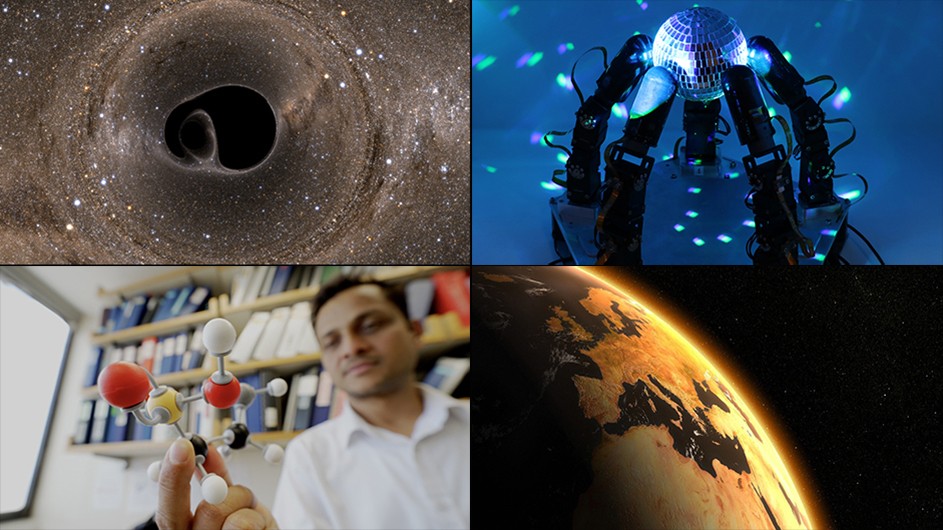
The University put out major studies in climate science, public health, neuroscience, and quantum mechanics this year.
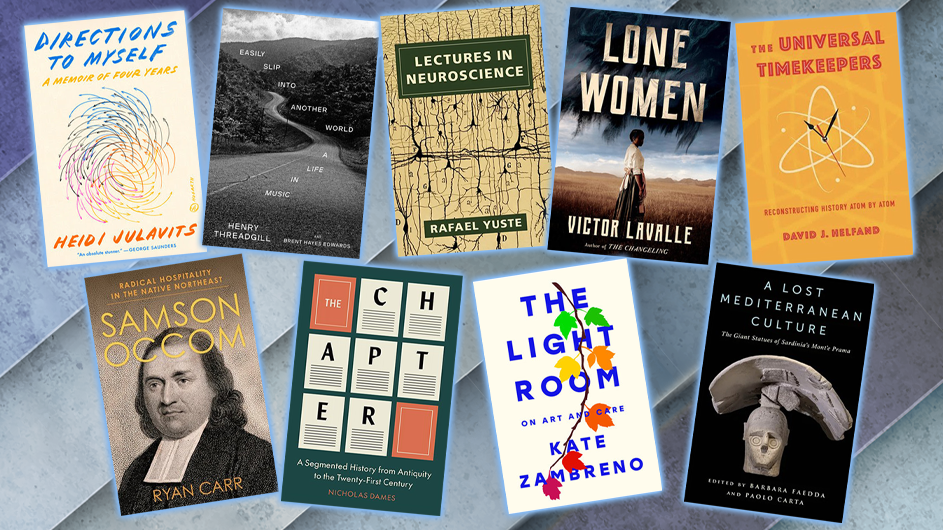
Fiction, nonfiction, memoir, art history, astronomy, neuroscience—we’ve got you covered with this diverse list of books.
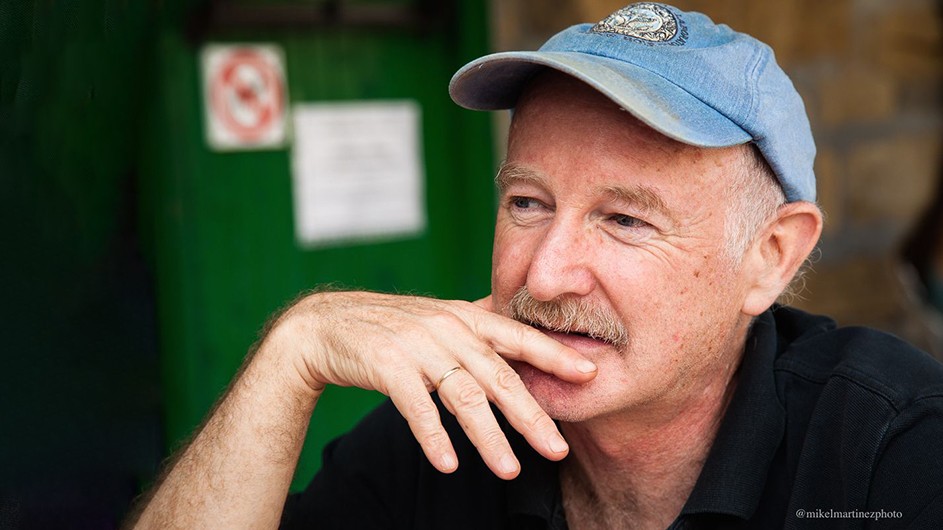
Rafael Yuste provides a unified framework for how the brain functions in “Lectures in Neuroscience.”

As a zebra finch becomes single-minded about impressing a possible mate, dopamine-releasing brain cells reflect his intentions.

A study tracked how tools like ChatGPT mistake nonsense for real language. Can these flaws open new windows on the human brain?